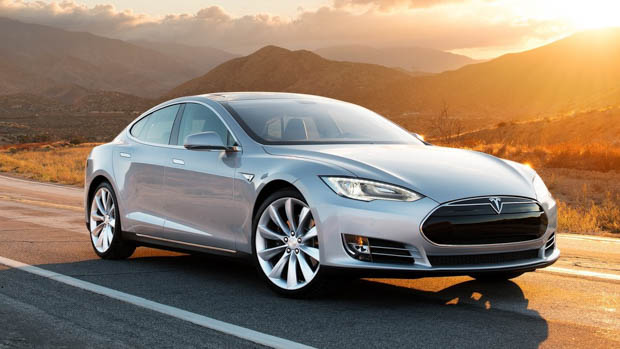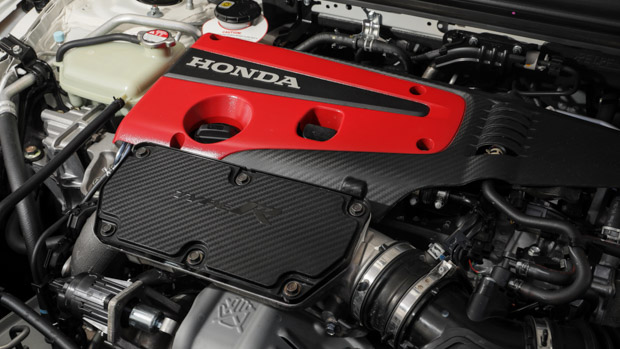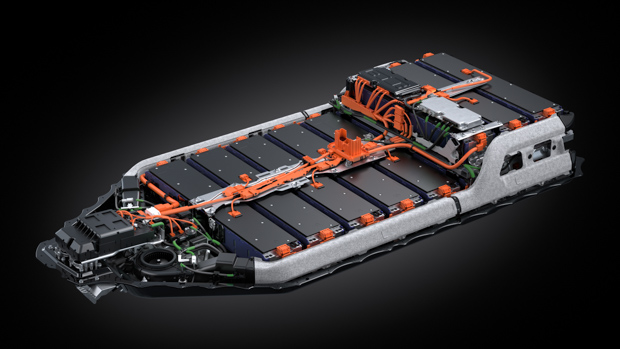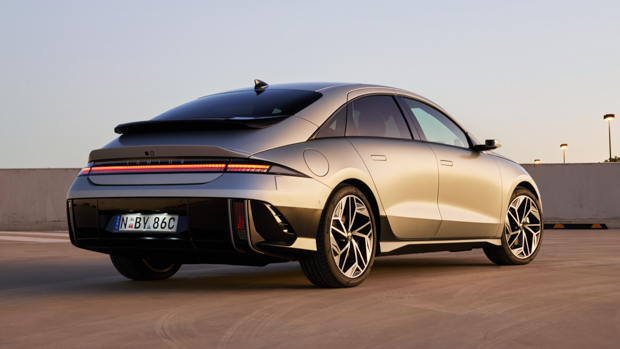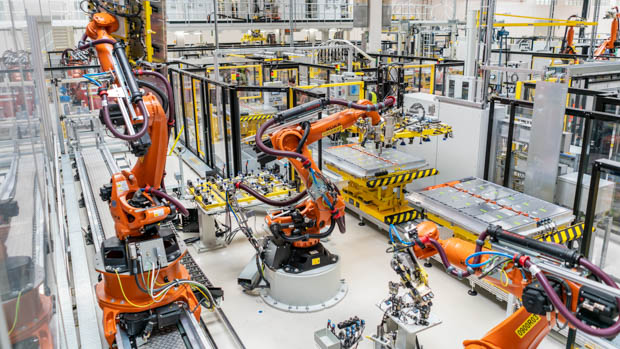-
Car Reviews
- Car News
-
Car Comparisons
Latest comparisons
- Chasing Deals
While there is no firm answer, you can expect your electric car’s battery pack to last around ten years give or take
While it might not be the number one worry on your mind when you pick up your brand new electric car, down the track you may find yourself thinking: how long will this high-voltage battery last for in the long term? Will it last as long as my old combustion engine?
It’s an area of EV ownership that we aren’t quite sure about just yet, largely because widespread electric car manufacturing has only taken off in recent years.
Plus, older examples of contemporary EVs are still going strong, even more than ten years later.
In this article, we take a look at battery longevity in electric vehicles and try to find out how long they will last.
If looked after and serviced at regular intervals, a combustion engine can last as long as 320,000km or more. It’s a case by case basis with no definite answer, but if you take the average yearly kilometres driven, that works out to be between a 15- and 20-year lifespan with regular daily-driven use.
In fact, with infrequent use an internal combustion engine could last indefinitely.
However, if you don’t get your combustion-powered car serviced frequently, things can get nasty very quickly.
Electric vehicle batteries, meanwhile, don’t need to be serviced to get longevity. Lithium-ion batteries are specifically designed to charge and discharge time and time again. You can check out our article on lithium-ion batteries here.
Batteries are getting smarter and more complex as time goes on, making lithium-ion and lithium-iron phosphate technologies look seriously clever compared to the old combustion engine.
The easiest way to judge how long your electric car’s battery will last is to look at the manufacturer’s warranty for said battery.
Most, if not all car manufacturers offer a battery warranty on top of the standard warranty of the vehicle. This can be found on the manufacturer’s website.
Generally, the typical BEV battery warranty is around eight years or more, which gives a good indication that the manufacturer is confident that its battery is unlikely to fail before then.
The car manufacturer surely won’t want to front the cost of a bunch of replacement batteries – a process that can cost thousands of dollars – so expect the battery to last, at minimum, around eight years.
The Tesla Model S has been on sale globally since 2012, but entered the Australian new car market in December 2014.
How are those original, first-generation Model S sedans going almost ten years later?
Tesla has revealed new data in its latest Impact Report that claims that its battery packs only degrade by an average of 12 percent after 200,000 miles (321,000km) of driving.
If the Tesla Model S P90D with a 90kWh battery originally started with a usable size of 85.5kWh, after driving for around 320,000km, the car would have eaten into its ‘safety net’, or 4.5kWh of the battery.
That’s pretty impressive, considering the Model S was the second car ever that Tesla mass produced, following on from the original Roadster.
Latest news
About Chasing cars
Chasing Cars reviews are 100% independent.
Because we are powered by Budget Direct Insurance, we don’t receive advertising or sales revenue from car manufacturers.
We’re truly independent – giving you Australia’s best car reviews.
